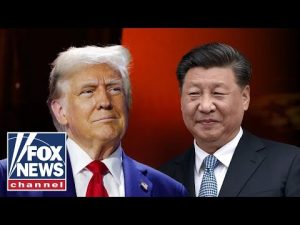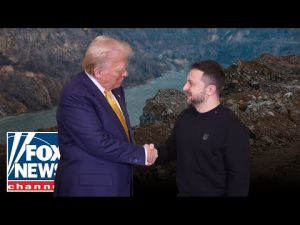In a recent episode of political theatrics, the spotlight turned once again toward the actions of Democratic leaders, specifically their display of solidarity that has raised more than a few eyebrows. During the peak of the Black Lives Matter movement in 2020, House Democrats were spotted kneeling in kente cloths, which they seemingly did not comprehend. This event has sparked a debate about the intelligence and sincerity behind such gestures, leading many to question how far our elected officials are willing to go for a photo op. Was this an earnest display or just another misguided attempt at virtue signaling?
The act of kneeling, initially intended as a tribute to social justice, soon became a contentious and confusing matter. While the intention might have been to express solidarity, the reality was that many viewers were left scratching their heads. The actions of these leaders come off as not only pointless but also, at times, nauseating. It’s as if they picked up a prop without understanding the full weight of what it represents. The clumsy misstep did not resonate well, and some argue it even detracted from genuinely pressing issues that deserve attention and action.
The controversy doesn’t stop there. The focus has now shifted to the FBI agents who joined in on this politically charged display. Wearing their uniforms—a symbol of authority and impartiality—these agents took a knee, which can be interpreted as a violation of their duty to remain neutral. Law enforcement is expected to avoid political affiliations, and participating in such a display blurs the lines of that expectation. Sure enough, these agents are now facing consequences, albeit mild in the grand scheme of government repercussions. They’ve been reassigned or demoted due to their actions—a slap on the wrist, some might say, and many believe that’s simply not sufficient.
This brings us to a larger conversation about accountability in the federal government. With the new administration in power, there’s a glimmer of hope that at least some individuals will be held responsible for their actions. However, the reality is that firing someone in such a bureaucratic machine can be as difficult as finding a needle in a haystack. For many, these reassigned agents should face harsher consequences, as allowing such behavior to slide sets a troubling precedent.
The recent re-emphasis on policing and how it intersects with societal issues is nothing new. Cops taking a knee during protests were hailed as allies by some, but reality struck hard when they faced consequences for this very gesture. It raises a fundamental question about where officials should draw the line regarding their professional conduct. Enter President Trump’s perspective on kneeling: it should be reserved for one occasion alone—giving respect to God. That sentiment echoes a straightforward policy that many resonate with, simplifying the often convoluted narrative surrounding social justice issues.
To illustrate the complexities further, going back to the case of George Floyd demonstrates how details matter immensely. This case polarized 2020’s political landscape, and while the media painted a narrative of injustice, the facts reveal a more complex story. Medical examinations indicated that underlying health issues contributed to Floyd’s situation, which many may not fully understand due to the overwhelming noise from various sides trying to gain political mileage. It’s crucial to look behind the headlines and dissect the information critically. Otherwise, society risks drawing conclusions based on incomplete narratives—a dangerous path we should resist taking.
As these discussions unfold, it’s essential to remember that the truth is often more nuanced than it appears. The hasty actions of politicians, the reactions from law enforcement, and the public’s sentiment highlight a critical need for awareness and understanding. In the end, navigating these turbulent waters requires not only a sense of urgency but a commitment to acknowledging the layers beneath the surface.







